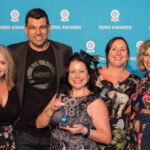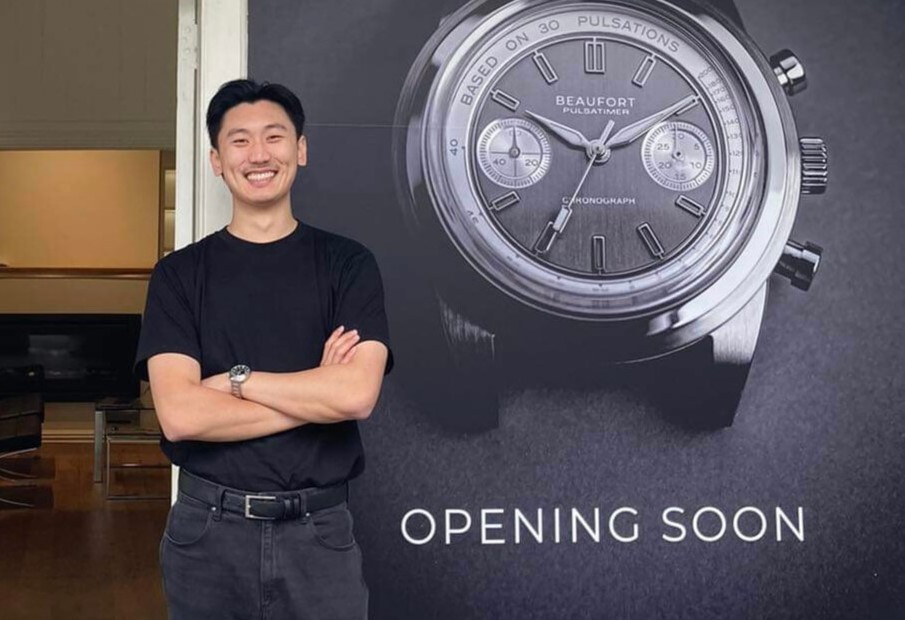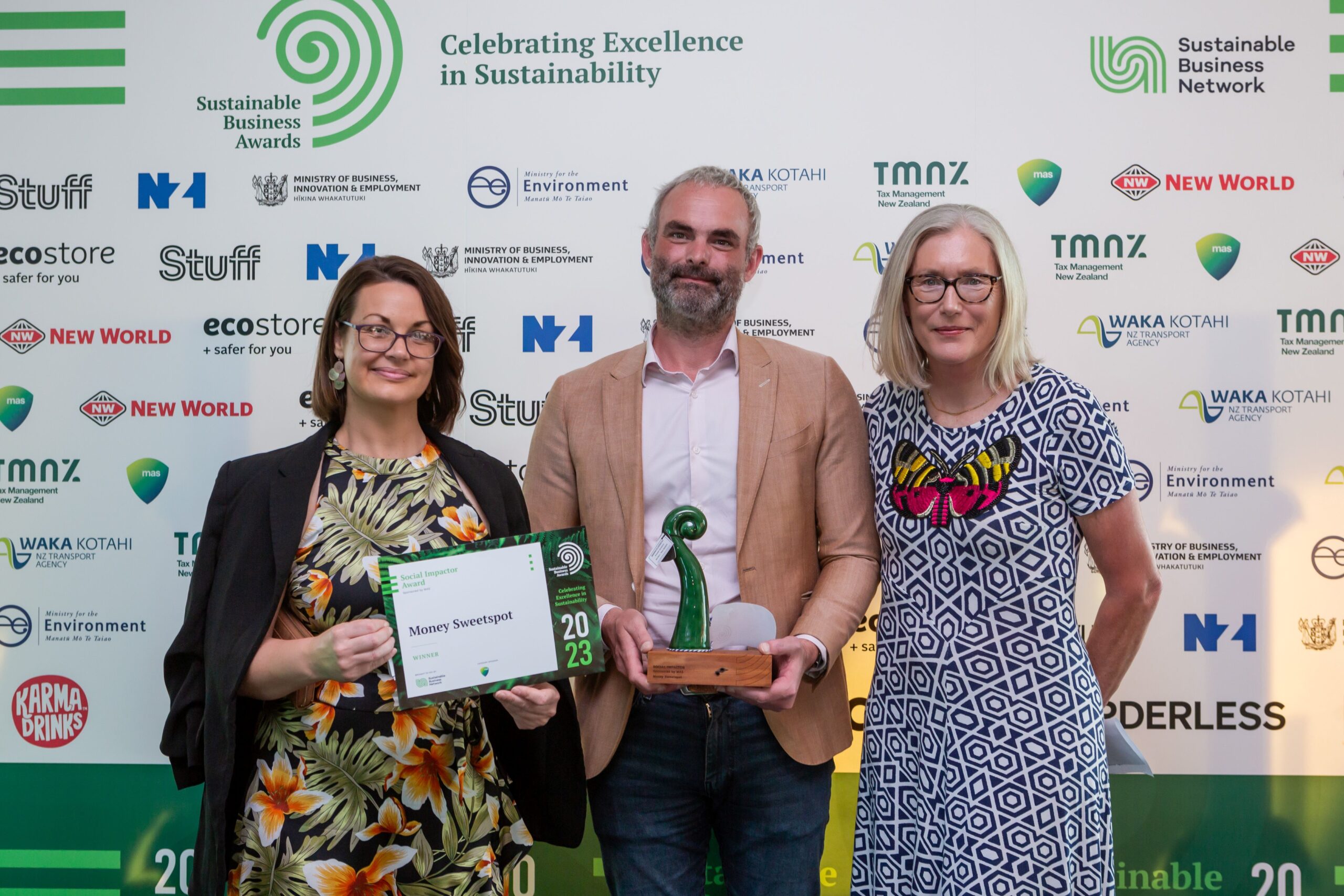Dunedin startup tackling worldwide coding issue
Dunedin startup Codelingo is helping solve a $1 trillion problem with an app that scans computer software code for errors and automatically corrects them. Jesse Meek, Codelingo CEO and founder, […]
Dunedin startup Codelingo is helping solve a $1 trillion problem with an app that scans computer software code for errors and automatically corrects them.
Jesse Meek, Codelingo CEO and founder, said the company has been tackling a major worldwide coding issue for the past two years, and has now come up with a tool to solve it.
“When a team of coders manually eyeball thousands of lines of code for something slightly out of place, we can end up with inconsistent results. Our app automatically picks up patterns.”
The app project has been supported by Enterprise Dunedin business advisor Ross Grey through the Regional Business Partnership programme. Ross helped Jesse apply for Callaghan Innovation grants for research and development.
“Dunedin’s supportive environment with accessible mentoring and coaching from knowledgeable business leaders, and a local investment pool, have helped Codelingo get to the stage where we are being taken seriously internationally,” Jesse said.
Q&A with Jesse Meek
What are Codelingo’s vision and aims?
Codelingo is tackling the problem of how to avoid waste and rework when writing software. It costs time and money for developers to rework code. A Gartner study of software industry estimates this to be a $1 trillion global problem.
Software underpins everything we do and plays a significant role in the modern world. But technical problems in software are causing massive problems. Data breaches have huge financial and personal implications and people’s lives are on the line.
All software development teams struggle to find efficient ways to capture knowledge from across the team and ensure everyone follows the same practices.
Our work is not only stops bad software but allows good things to happen. On average, over 40% of a developer’s time is spent finding and fixing code problems versus writing new features. We want to reduce that by automating practices. We want to see how much acceleration we can bring to the creative side of software if problems are taken care of.
Our new app is stored on GITHUB, a web-based hosting service for version control of code, which is available for all developers to use.
What inspired you to take the startup leap?
Jesse previously worked as a lead researcher at the University of Otago, then worked for UK-based software company Canonical. The idea for Codelingo stemmed from an issue Jesse experienced when working there as part of the software engineering team. As the team got bigger, code quality issues began to develop in the codebase, even though each engineer had more than 10 years coding experience. He quit the Canonical job two years ago to start Codelingo to solve this problem
His first stop was working from Distiller, a Dunedin co-working space which paired him with entrepreneurs at a similar stage.
“It gave me the freedom to throw crazy ideas around and, most importantly, share knowledge. This is where I learned about Callaghan Innovation grants, which kicked off my company.”
His next move was to Petridish, a co-sharing space where Codelingo now has its own office.
How was Codelingo born?
Over the past two years, my team of four developers and I have built a platform for our apps, with the help of a $40,000 Callaghan Innovation grant and a $20,000 GigStart grant. The Callaghan grant gave us the capacity to develop key intellectual property which made us more attractive to investors.
I also received support and advice from Enterprise Dunedin business advisor Ross Grey. Ross said venture capital investment firms such as Reinventure (Westpac) and Right Click Capital (DFJ Network) took Codelingo seriously once we’d received a Callaghan grant.
“It’s so rewarding to see a company from Dunedin attract that kind of investment. Hopefully other Dunedin companies can follow their example,” Ross said.
How did you find the process of applying for startup grants?
Ross advised us on applying for a Callaghan Innovation research and development grant which kicked off my company.
I was just a guy in a t-shirt with an idea. I had lunch with Ross and he actually took me seriously – someone not long out of university. He said, ‘that’s an interesting idea. Let’s look at it and work through the steps we have to go through’. It felt like he really wanted us to succeed and was aligned with our goals.
I appreciated how easy and stress-free he made the process. In the early stages, you need lots of confidence in yourself to take the leap to start your own company. It’s valuable to have local, face-to-face contact with someone from an established, authoritative organisation like Callaghan.
Applications have to be signed off by Callaghan’s Wellington office. It was reassuring Ross didn’t send anything until he was 90% sure it would be accepted by Wellington.
It was a relief that Ross helped us tick the boxes and fill out the forms. His knowledge on the format and language Callaghan expect us to use, and how to package our application in a way that Callaghan can digest quickly, was a huge benefit to us.
What is it about Dunedin that’s helping companies like Codelingo?
The city’s got the perfect mix for innovation. It has a solid start-up, innovation ecosystem, with an underdog mentality and a willingness to give new companies a leg up.
Living costs are reasonable, we have a great talent pool from the University of Otago and Otago Polytechnic. Most of my team comes from the University.
It has a good-sized circle of companies and entrepreneurs. In Dunedin, I’ve had more support than I can leverage. I can sit down with leading CEOs in the city, grab a coffee, and they’ve become good, supportive friends. They’ve been through it, are going through it, and understand us.
Mentors who have helped Jesse include Escea CEO Nigel Bamford, Christchurch startup advisor Geoff Brash, and Hamilton web development company NetValue.
It shows you don’t have to go to a big city to get plenty of support.
Dunedin has a local investment pool, from which Codelingo raised over $100,000 – more than enough to begin their journey.
Can New Zealand compete in the innovation race?
There’s so much support, knowledge and experience here to help entrepreneurs coming through the ranks. I get annoyed when I hear the narrative that New Zealand is in the backwaters and can’t compete with London, San Francisco or Sydney because our economy’s not big enough.”
“When we advertised for a software developer two years ago, people applied from top companies like Nasa and Google. NZ has everything it needs to get serious about participating in the innovation race, except maybe self-belief.”
“We need to stop trying to be like other countries and just be ourselves. Take the haka for example. Our culture has more wealth and capital than other countries. Other countries are going through soul-searching, having crises of identity, wondering how they can work together, keep their economies going and still be true to themselves. Not so much here though.”
“We don’t need to be more like Silicon Valley – our strength is we’re only like ourselves.”
What does the future hold for Codelingo?
The company has other problem-solving apps in the pipeline and aims to double staff numbers in the next year.
Photo: The Codelingo team. Jesse Meek is second from left.






